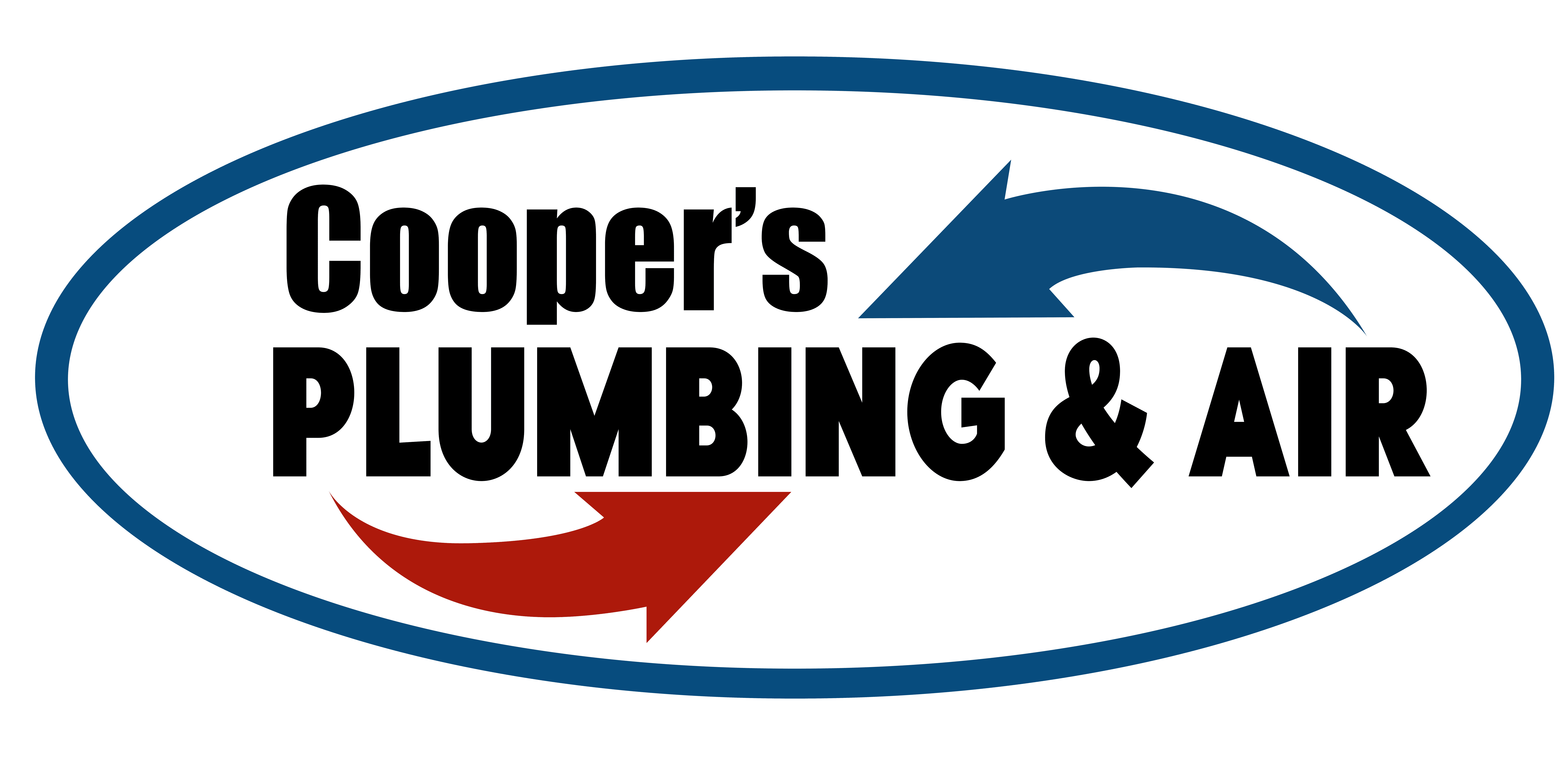
You rely on your gas furnace to keep your home toasty when temperatures turn frigid, but your furnace can’t do its job properly if something is amiss with the gas pressure. Without proper gas pressure levels, your furnace won’t run as efficiently, and it may even fail completely.
Below, discover the top symptoms of low gas pressure to your furnace from our furnace service in Bainbridge, GA.
Why It’s Important To Keep an Eye on Your Furnace’s Gas Pressure
Before diving into symptoms of low gas pressure, let’s take a moment to discuss how your gas furnace works. When your furnace kicks on, the gas valve cracks open to let fuel flow into the combustion chamber. But the gas doesn’t just flow into the chamber freely. Rather, a valve regulates the gas flow to keep the pressure at the right level.
Poor gas pressure may not sound like a big deal, but it can wreak havoc on both your furnace and your pocketbook. Excess moisture will eventually build up in the combustion chamber, which could cause it to rust or crack. Cracks allow harmful flue gasses to seep into your home, impacting your air quality.
On top of that, your furnace will have to work much harder to heat your home. Your energy bills will skyrocket, and your furnace could break down prematurely. You’ll need to shell out for expensive repairs or even a replacement unit.
Overly high gas pressure is just as dangerous. It can cause the furnace to overheat, which will damage its components and eventually cause full system failure. You might also notice a burning smell coming from the furnace. A slight odor is normal when you first turn the furnace on, but if it persists, you may have a gas pressure problem.
Signs Your Gas Pressure Is Too Low
So, what are the main symptoms of low gas pressure to your furnace? Suspect a problem with gas pressure if you notice these signs:
- The furnace doesn’t keep your home warm, or it only heats certain rooms and not others. A furnace with poor gas pressure will struggle to do its job, and inconsistent heating will leave your house feeling like an icebox.
- The furnace exhibits delayed ignition and/or makes loud noises when it turns on. If it takes a few tries to start your furnace and you’re getting a weak flame, low gas pressure might be the culprit. Pilot light issues and furnace lockout are big signs that something’s wrong with your pressure.
- You spot soot buildup around the furnace. A little soot is normal if you haven’t cleaned the furnace in a while. But if that soot keeps piling up, it’s worth checking your gas pressure.
- Your heating bills increase significantly during the winter months. Furnaces with poor gas pressure have to work much harder to heat your home, so your heating bills could jump by hundreds.
- Your carbon monoxide detector keeps going off. This indicates that carbon monoxide is leaking into your home, so if your detector is sounding the alarm, don’t ignore it. Shut off the gas and have an expert inspect your system right away.
What Causes a Furnace To Have Poor Gas Pressure?
Several things cause furnaces and boilers to have low gas pressure, most of which will require the help of a professional to resolve.
- Lack of maintenance: During furnace maintenance, a technician will inspect your furnace inside and out to look for problems that could cause poor gas pressure. Skimp on maintenance and your furnace’s gas pressure could become either too low or too high.
- Manifold issues: The manifold’s job is to shunt gas from the supply line into the furnace burner. After years of service, the manifold may crack, affecting the gas pressure. You might also have pressure problems if your technician installed the furnace incorrectly.
- Wrong valve setting: When the technician installed your furnace, they set the valve to allow the appropriate amount of gas into the combustion chamber. If the valve setting is wrong, the gas pressure could be too low or too high. One common mistake is setting the valve for a gas system when the system runs on propane, which needs higher pressure.
- Pest infestations: Your furnace makes a cozy home for pests like rats, mice, and insects. Often, they’ll move into your furnace in summer when you’re not using the system. Their nests and waste can block gas valves, resulting in low pressure.
Resolving Gas Pressure Problems With Your Furnace
If your gas pressure is too low, you’ll first need to determine whether the problem lies with the gas supply line or the furnace itself. Check your other gas appliances, such as your stove, and ensure that they’re getting fuel. If none of your gas appliances work, call your gas company to fix the issue.
If your other appliances work fine, it’s time to look at the furnace. First, check for pests, soot, or any debris that could be blocking the fuel supply line. If everything looks clear, you’ll need to have a professional come and adjust the pressure. It’s best to hire an expert for this because making improper adjustments could damage your unit.
When you call a technician, they will:
- Shut off your furnace’s gas supply and cut power to the furnace at the circuit breaker.
- Connect a device called a manometer to the pressure gauge, and then start the burner.
- Turn the screw clockwise to raise the gas pressure until it reaches the manufacturer’s recommended pressure for the system.
If this doesn’t restore your gas pressure, the unit might have a mechanical problem that requires repairs. You could also opt to replace the furnace if it’s more than 15 years old.
Gas Furnace Acting Up? Call Cooper’s Plumbing & Air
If you recognize any of these symptoms of low gas pressure to your furnace, call Cooper’s Plumbing & Air. Our pros will have your furnace working perfectly again in no time. We’re also happy to answer questions about what happens when there’s no filter in your furnace.
To schedule furnace repair, call us at 229-246-2539.
